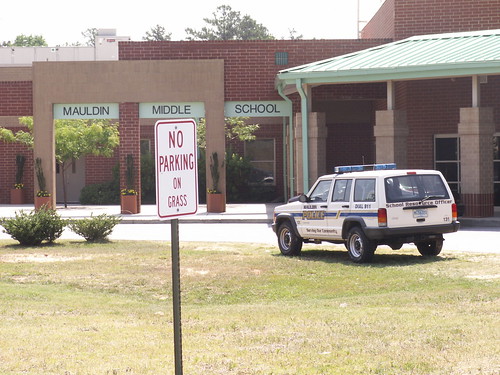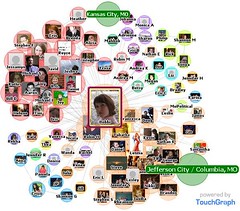I’ve recently been reading quite a bit about games in education. The ECT program at Steinhardt has an entire course on games, and I have to admit I’m not all that keen on them (simulations are, in my mind, a different but related genre, by the way). It’s not because I don’t think they have value; I absolutely do. And it’s not because I dislike playing them; while I would never colour myself with the Gaming Crayon, I definitely like to play, but rarely for extended periods. After an hour I tend to lose interest, and I’m not sure why. However, I will admit to having spent more than my fair share with the Nintendo Wii (which I specifically did not buy because I knew I would never study), and my all-time game definitely has to be Tetris. I’m also a big fan of the classic ’80s Atari games like E.T., Frogger, and PacMan. I like playing games more with other people than by myself, and I definitely see their social value. Many of the articles I’ve been reading for Frank’s class have lauded educational games because of their problem-solving features, their adept story-telling and story-weaving, their promotion of positive emotions, and many other features that help explain, on a cognitive psychological level, why games help foster learning. And I understand that games can be totally, wildly fun and involving and still teach. I get all of this, and for the most part, I agree with it.
If you had asked me a few weeks ago why I don’t think games will be big in schools, I probably wouldn’t have been able to tell you why. I simply haven’t been able to articulate the reason why I don’t think they will ever really be incorporated and integrated into schools.
Until now.
I read this article by Constance Steinkuehler at the University of Madison-Wisconsin and Dmitri Williams at the University of Illinois: “Where Everybody Knows Your (Screen) Name: Online Games as ‘Third Places’.” (BTW, you can see the article with my highlights and annotations via Diigo here, in case you are interested.) The article is about how online games, in a social-networking kind of way, provide “Third Places” for users to hang out, share, explore, and learn. I totally agree with this comparison. The article goes into depths comparing various games and users to the definition of Third Places as defined by Ray Oldenburg in The Great Good Place: Cafes, Coffee Shops, Bookstores, Bars, Hair Salons, and Other Hangouts at the Heart of a Community.
The epiphany happened for me when I read this quote (emphasis mine):
First and foremost, third places are defined as neutral grounds where individuals can enter and leave as they see fit without having to ask permission or receive an invitation (as one might in a private space) and without having to “play host” for anyone else. Compare, for example, weekday attendance at the workplace to happy hour attendance at the neighborhood tavern. The former is a second place, marked by financial obligation and rules that structure who is expected to be where and for how long; the latter is a third place, marked by relative freedom of movement. [. . . ] To oblige any one person to play requires that explicit agreements be entered into by parties (much like making arrangements for a recreational team sport), since the default assumption is that no one person is compelled to participate legally, financially, or otherwise. Unless one transforms the virtual world of the game into a workplace (e.g., by taking on gainful employment as a virtual currency “farmer” for example, Dibbell, 2006; Steinkuehler, 2006a) or enters into such agreement, no one person is obligated to log in.

Do As I Say by Viewmaker
Attribution-NonCommercial-NoDerivs License
And then it hit me: I think this is why we will never see games take off in current schools. The game cannot be the Third Place because school is a Second Place. Students are required to be there, required to participate, and marked by rules that structure it.
So, it’s my current belief that until schools are reformed into neutral grounds marked by relative freedom of movement, we’re not likely to see games become something big within them.

